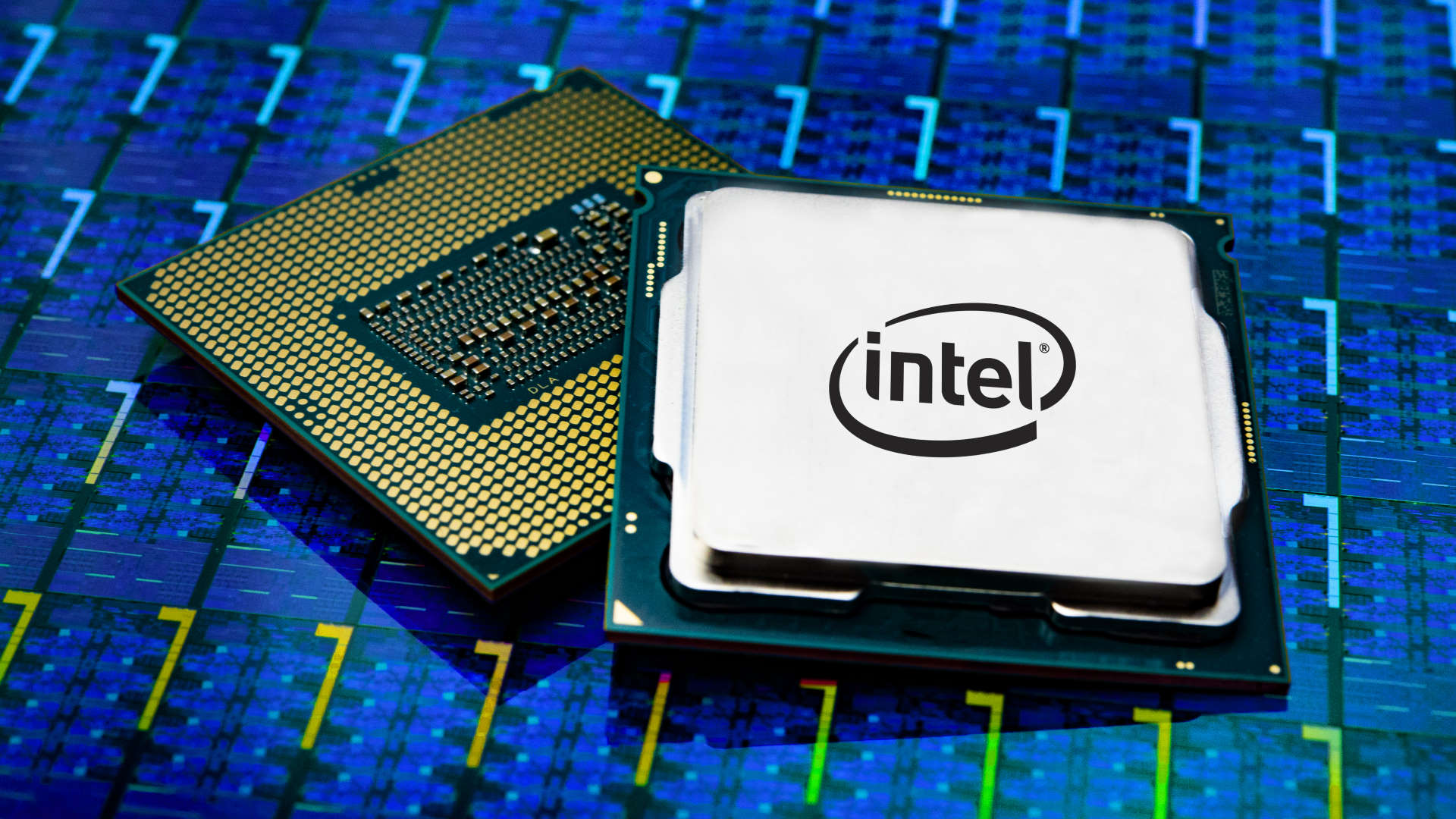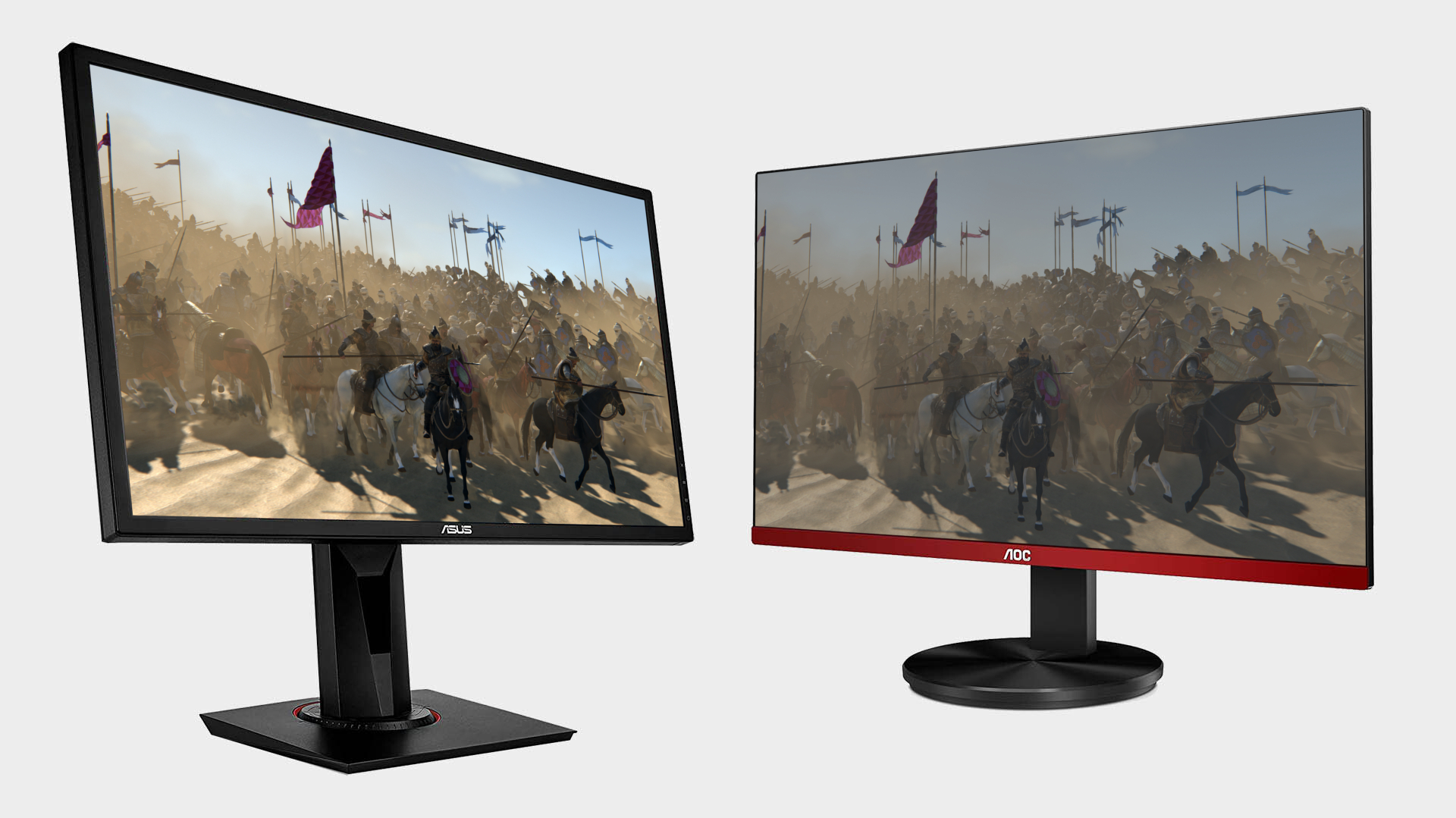Intel's new Rocket Lake CPU is still 11% slower than AMD's top Ryzen 5000-series chip
Still a pretty deft score from Intel, though.

Some sneaky benchmarks for Intel's upcoming Rocket Lake-S CPUs have been spotted on Geekbench, as well as in the Ashes of the Singularity benchmark database. These leaks may bring us a little greater insight into just how powerful the new 11th Gen Intel desktop SKU's might be, particularly in terms of their single-thread capabilities.

Best gaming monitor: pixel-perfect panels for your PC
Best 4K monitor for gaming: when only high-res will do
Best 4K TV for gaming: big-screen 4K PC gaming
Still, as with any leaks: approach the numbers with a skeptical mind—potentially representing only early ES chips, and perhaps with different clock speeds than at release too, they may fail to reflect the true computing power of the final designs.
The scores, exposed via. APISAK of twitter fame, have the 14nm Flagship CPU clocking in at a 3.41GHz base frequency, with boost frequencies of 4.98GHz on Geekbench. Compared to the previous generation, that's not a huge improvement. In fact, the boost is looking a little weak, and that base frequency is even coming in at 200 MHz lower than the current-gen flagship model.
The Rocket Lake-S multi-core score clocks in at 9783, placing it just behind the Intel Xeon E5-2696 v3 (9796), and just a few clicks ahead of the Intel Core i9-10910 (9601).
The focus for these new 8-core and 16-thread processors is on single-threading, it seems. Having dropped 2 cores and 4 threads from the previous generation Comet Lake-S CPU design, the Core i9 10900K, Intel has compensated by bolstering the 11th Gen single-thread performance. The hope is that this will improve the IPC enough to pick up the slack when compared against the much improved AMD Ryzen 5000-series.
Rocket LakeIntel 00001 Processor, 8 Cores, 16 ThreadsGenuineIntel Family 6 Model 167 Stepping 0Base Frequency 3.41 GHzMaximum Frequency 4.98 GHzHP 886CHP OMEN 30L Desktop GT13-0xxxGeekbench 5 score1645 - 9783https://t.co/tFJdin96zJ pic.twitter.com/rtKLMsFO1XDecember 3, 2020
Case and point, Geekbench has the Rocket Lake-S at a single-core score of 1645, just shy of the AMD Ryzen 9 5950X (1647), and a fair whack above the AMD Ryzen 5 5600X (1595). Not bad at all. Though it is worth noting that we've not found Geekbench itself to be a completely reliable yardstick for processor performance.
But what you're all really wondering is: how will this affect my gaming performance? Well, if you're still running at 1080p by the time this SKU hits markets, the Ashes of the Singularity benchmark has it pushing 65 FPS on 'crazy' preset settings, scoring a noble 6400 points. And, at 1440p it packs close to 63 frames per second, with a score of 6200.
The biggest gaming news, reviews and hardware deals
Keep up to date with the most important stories and the best deals, as picked by the PC Gamer team.
11th Gen Intel(R) Core(TM) i9-11900K @ 3.50GHzhttps://t.co/y62LKl3x8phttps://t.co/JJH1JTDXaZ pic.twitter.com/k4wxeKVJB1December 4, 2020
That 1080p score is still 11% slower than the AMD Ryzen 9 5950X's score of 7100, which sees it pushing 72 FPS. Maybe we'll see some improvement yet, but good luck matching that score, Intel.

Screw sports, Katie would rather watch Intel, AMD and Nvidia go at it. Having been obsessed with computers and graphics for three long decades, she took Game Art and Design up to Masters level at uni, and has been rambling about games, tech and science—rather sarcastically—for four years since. She can be found admiring technological advancements, scrambling for scintillating Raspberry Pi projects, preaching cybersecurity awareness, sighing over semiconductors, and gawping at the latest GPU upgrades. Right now she's waiting patiently for her chance to upload her consciousness into the cloud.

